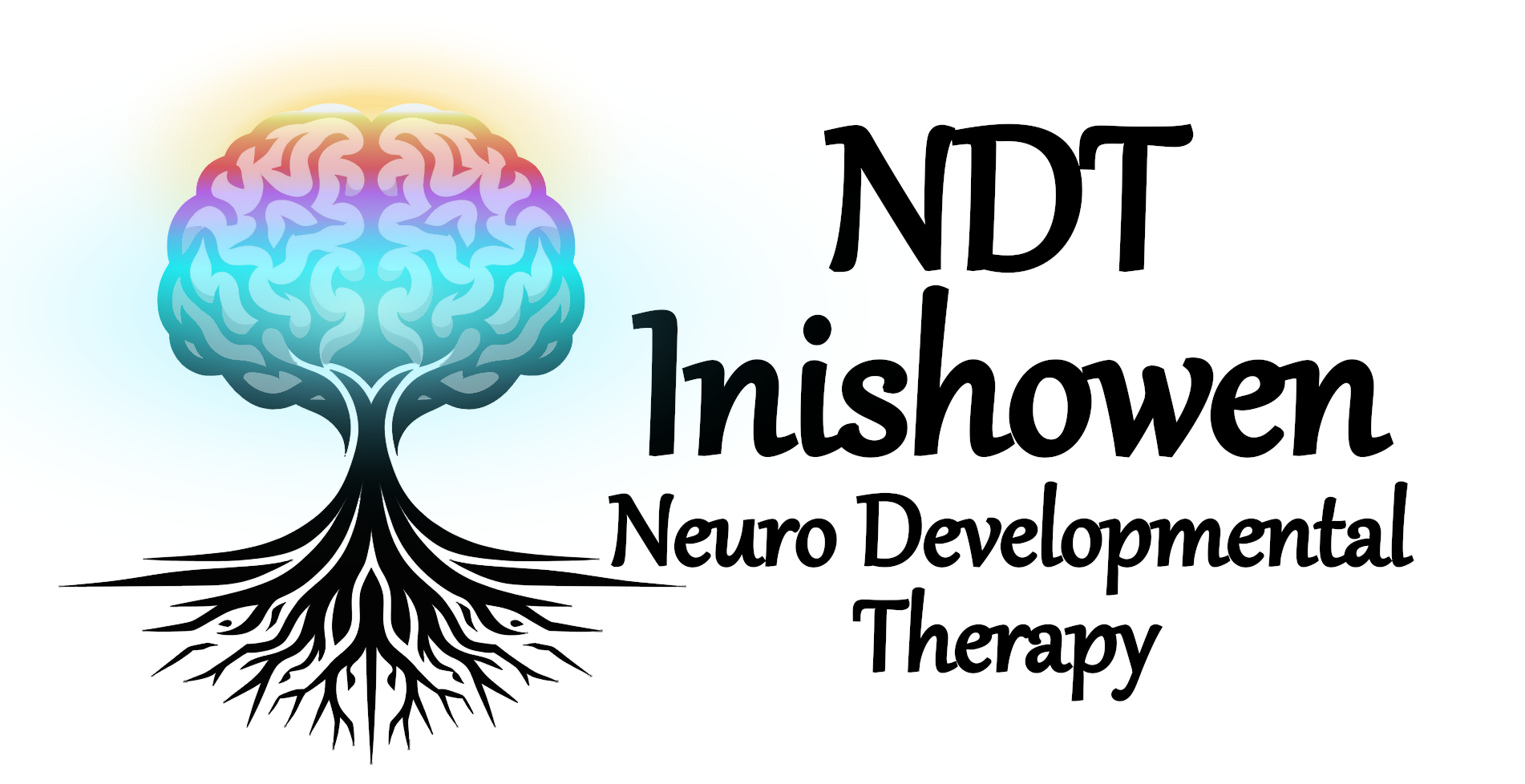Neuro Developmental Therapy is a non-invasive programme of movements, suitable for children experiencing developmental, learning, behavioural and social/emotional difficulties. A neural stimulation programme is uniquely created for each individual with the aim of promoting the development of the Central Nervous System (CNS) in order to treat developmental delay caused by retained primitive reflexes. By incorporating movements which are used naturally by a baby and a young child, the nervous system is gently encouraged to mature and become more open to learning.
NDT Inishowen uses the INPP method of Neuro Developmental Therapy to assess and address neuro-motor and sensory immaturity that could potentially limit the learning process and cause difficulties in sport and social situations. This method of Neuro Developmental Therapy was established by Peter Blythe in 1975 and since then has helped many thousands of children in many countries world-wide overcome these difficulties.
The INPP Method involves carrying out physical exercises every day based on the natural movements normally made during the first year of life. These exercises help to integrate primitive reflexes, improve balance, posture, co-ordination and control of eye movements which support a child's general development and progress in education. Following a detailed assessment of gross and fine motor skills, balance, primitive and postural reflexes, eye movements and visual perception, your child will be given an individualised programme of exercises to carry out at home under parental supervision.
The programme takes 5 to 10 minutes per day over the course of approximately 12 to 18 months. Progress is reviewed every 6 to 8 weeks and the exercises adapted according to progress. Key elements of the programme are regularity, repetition and duration.
